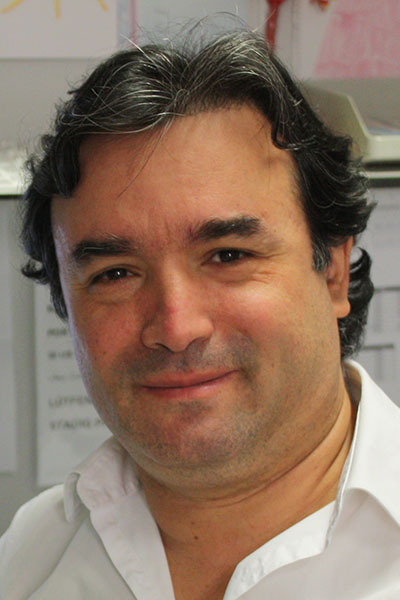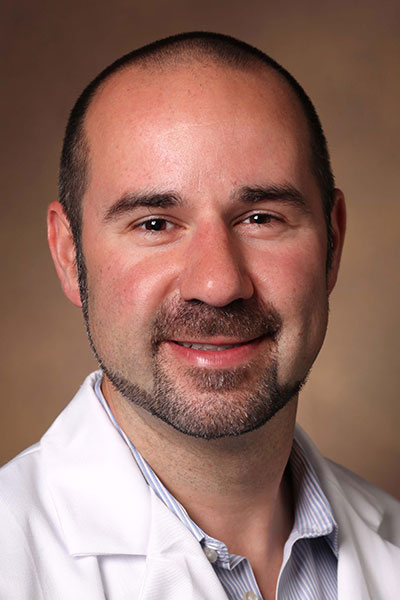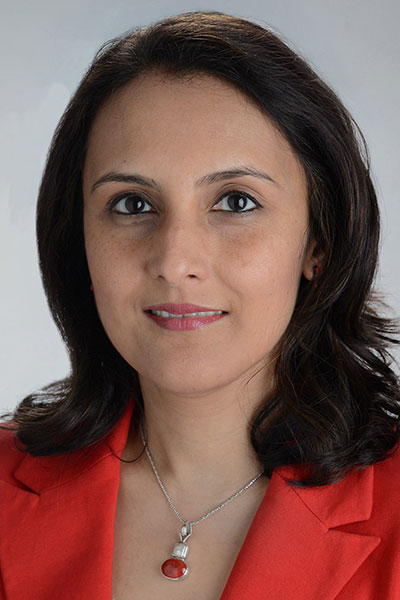Presentation: TILs: An Update After 10 Years of Research

Roberto Salgado, MD, PhD
Peter MacCallum Cancer Centre
What is your presentation about?
The assessment of Tumor-Infiltrating Lymphocytes (TILs) is easy and reproducible. This assessment can be done by pathologists at a global scale, as just a microscope is needed. TILs have been demonstrated to be predictive for response to chemotherapy and immunotherapy and are prognostic for patients with breast cancer. This lecture will inform how TILs can be informative for clinicians, patients, and pathologists at a global level.
How do you hope your presentation will impact breast cancer research, care, or advocacy?
TILs are assessed on the same material that pathologists all over the world use for making a diagnosis of breast cancer and are thus inexpensive. TILs are very informative for patient outcomes. This information is easy to obtain, and TILs can be used in a complementary manner with expensive genomic technologies.
How did you get involved in this particular area of breast cancer research, care, or advocacy?
Many pathologists were simultaneously realizing that to get an impression of the strength of the anti-cancer immune response in patients with breast cancer, just looking to the microscope was needed. These pathologists then developed a Working Group, called the International Immune-Oncology Biomarker Working Group (www.tilsinbreastcancer.org). This group has now >1,000 active members from 58 countries in all continents, and has only one focus which is informing clinicians, pathologists, and patients on the importance of this biomarker.
Presentation: Immune Biomarkers Beyond TILs

Justin M. Balko, PharmD, PhD
Professor,
Vanderbilt University Medical Center
What is your presentation about?
My presentation seeks to highlight biomarkers of immunotherapy response in breast cancer patients that extend beyond those that demonstrate prognostic, but not predictive utility in triple-negative breast cancer.
How do you hope your presentation will impact breast cancer research, care, or advocacy?
We hope the presentation will clarify the challenges to biomarkers of immunotherapy benefit clinically while highlighting those with substantial clinical data suggesting true predictive capacity over prognosis. Further development of these biomarkers will help optimize care for breast cancer patients.
How did you get involved in this particular area of breast cancer research, care, or advocacy?
My career goal has been to make new discoveries in the translational space that ultimately impact how we treat breast cancer patients in order to maximize therapeutic benefit while avoiding medication overuse and toxicity.
Presentation: Deploying Immune Biomarkers in Clinical Trials

Priyanka Sharma, MD
Professor of Medicine,
University Of Kansas Medical Center
What is your presentation about?
I will review the current landscape of available data regarding immune biomarkers from clinical trials. I plan to discuss challenges and opportunities for efficient application of immune biomarkers in ongoing and future breast cancer clinical trials. The role of immune biomarkers in treatment optimization and personalization will also be reviewed.
How do you hope your presentation will impact breast cancer research, care, or advocacy?
I hope that the presentation will impact breast cancer research by promoting dialogue on this topic between key stakeholders, including investigators, funding agencies, pharma, patient advocates, and guidelines panels. Ensuring that our clinical trials that form the fundamental basis of immune biomarkers assessment have appropriate racial and ethnic representation is vital to move the field forward and I hope to also emphasize this during my presentation.
How did you get involved in this particular area of breast cancer research, care, or advocacy?
Very early on in my clinical practice I was struck by suboptimal outcomes for patients with triple-negative breast cancer. I have spent a good part of my research and academic career in designing and developing clinical trials and treatment response biomarkers for this disease. Immune biomarkers first came to the field of breast cancer from triple-negative breast cancer trials.
Access the 2024 SABCS® virtual platform
Watch any sessions you’ve missed and stay connected with fellow attendees in the online platform of the 2024 San Antonio Breast Cancer Symposium®. Recordings of sessions will be available on demand for registered 2024 SABCS® participants until March 31, 2025.

